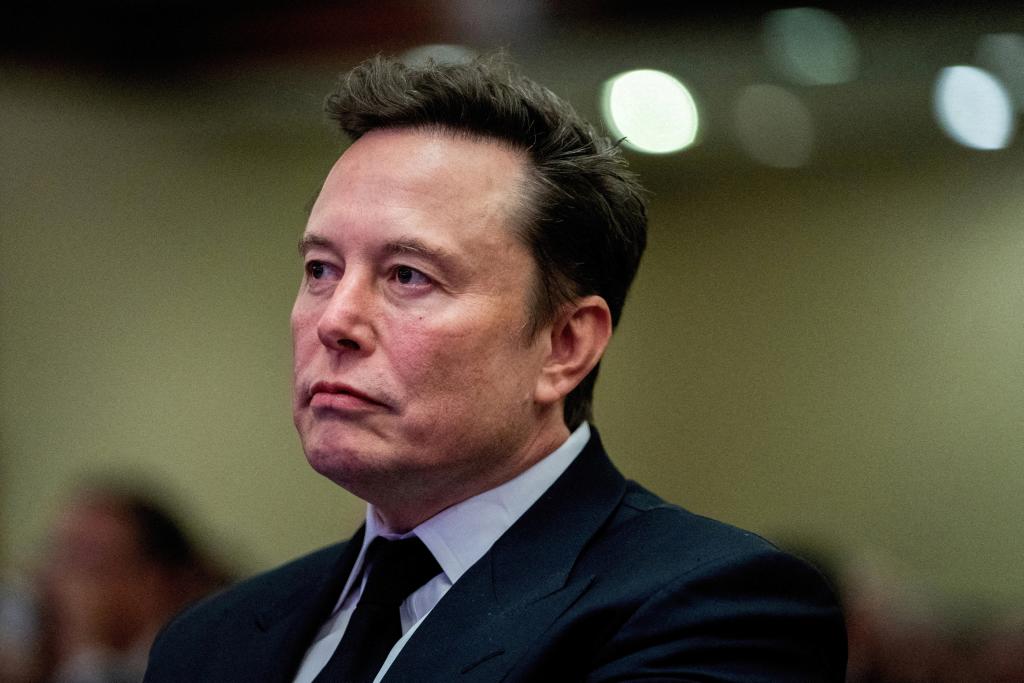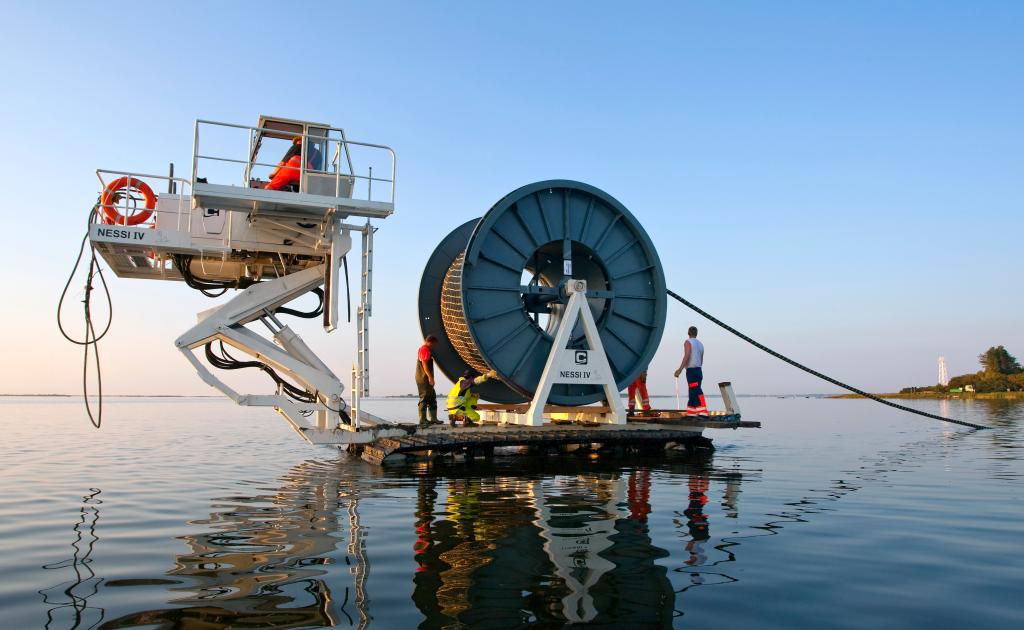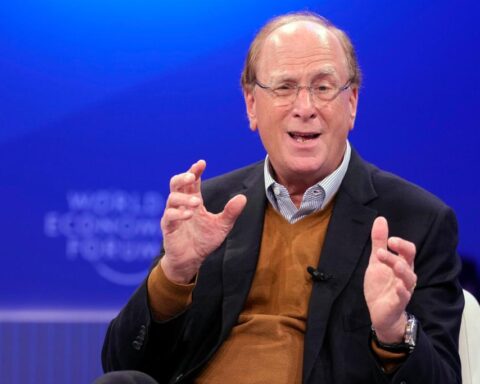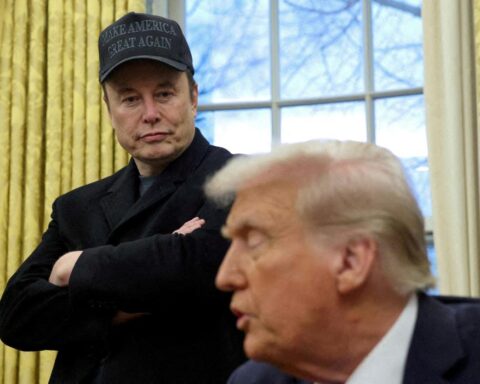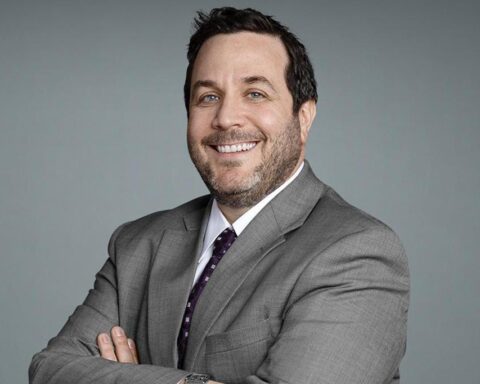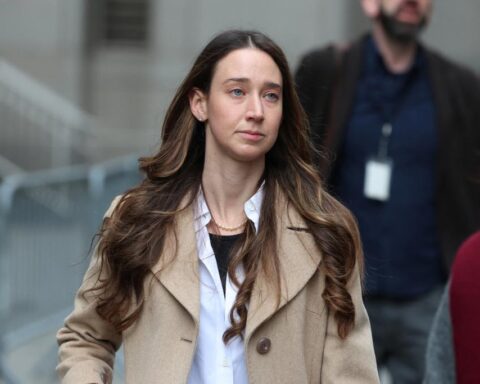Court ruling reignites controversy over Musk’s compensation, raising questions about governance and shareholder influence.
Tesla CEO Elon Musk has once again been denied a $56 billion compensation package after a Delaware judge rejected its reinstatement despite a shareholder vote in favor. Chancellor Kathaleen McCormick of the Delaware Court of Chancery reaffirmed her January decision that rescinded the controversial pay package, citing its excessive nature and irregularities in its approval process. The ruling has not only stirred debate among investors but also cast uncertainty over Musk’s future role at Tesla, the world’s most valuable carmaker.
A Landmark Legal Battle
The latest decision follows Tesla’s effort to overturn the January ruling through a June shareholder vote that supported reinstating Musk’s pay package. Tesla argued that the vote reflected shareholder confidence in Musk as a driving force behind the company’s technological and market advancements.
However, McCormick dismissed Tesla’s appeal, stating that the board could not “reset” the judgment by creating new circumstances. “Allowing defeated parties to create new facts for the purpose of revising judgments would make lawsuits interminable,” McCormick said in her detailed 101-page opinion.
Material Misstatements and Governance Concerns
The judge also highlighted multiple material misstatements in Tesla’s proxy statement regarding the vote, further undermining its validity as a solution to justify the pay package. “Taken together, the problems with Tesla’s arguments pack a powerful punch,” she wrote, affirming her stance on the governance issues within Tesla’s board.
McCormick previously criticized the 2018 board process that negotiated the pay package, stating it was improperly controlled by Musk. She described Tesla’s board as “beholden” to Musk, with conflicts of interest stemming from close personal and financial ties to him.
Repercussions for Tesla and Musk
Tesla shares fell by 1.4% in after-hours trading following the ruling. The pay package, which remains the largest executive compensation plan ever, had an initial value of $56 billion and is now worth $101.4 billion, according to Equilar, a compensation consulting firm.
This latest decision also mandates Tesla to pay $345 million in legal fees to the attorneys who brought the case, far less than the $6 billion initially requested.
Next Steps and Broader Implications
Tesla and Musk have the option to appeal to the Delaware Supreme Court, a process that could take up to a year. Meanwhile, some shareholders have expressed concerns that rescinding Musk’s compensation could push him to shift focus away from Tesla to other ventures, including artificial intelligence development.
McCormick’s decision is a stark reminder of the importance of corporate governance and accountability. Her January ruling referred to Musk’s 2018 compensation plan as “an unfathomable sum,” adding that it was 33 times larger than the next biggest executive compensation plan.
A Controversial Figure at a Crossroads
Following the initial ruling, Musk criticized the Delaware court system on his social media platform X, encouraging companies to reincorporate in Texas. However, it remains unclear if any companies have followed his advice.
As Tesla and Musk navigate the legal and public fallout from this decision, the case underscores the tension between visionary leadership and corporate oversight, leaving investors and stakeholders watching closely for the next chapter in this high-stakes saga.



